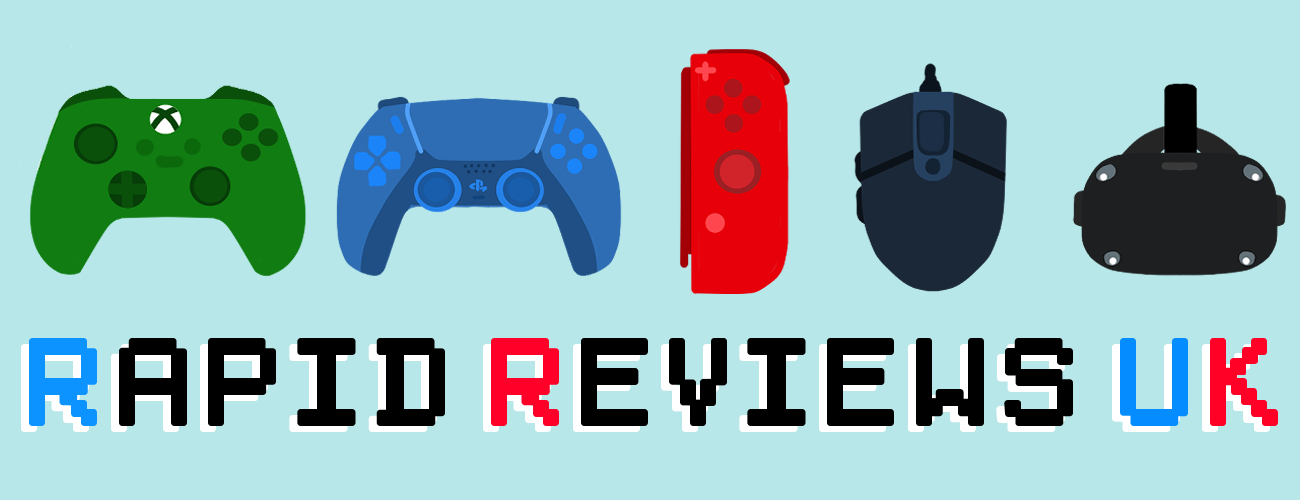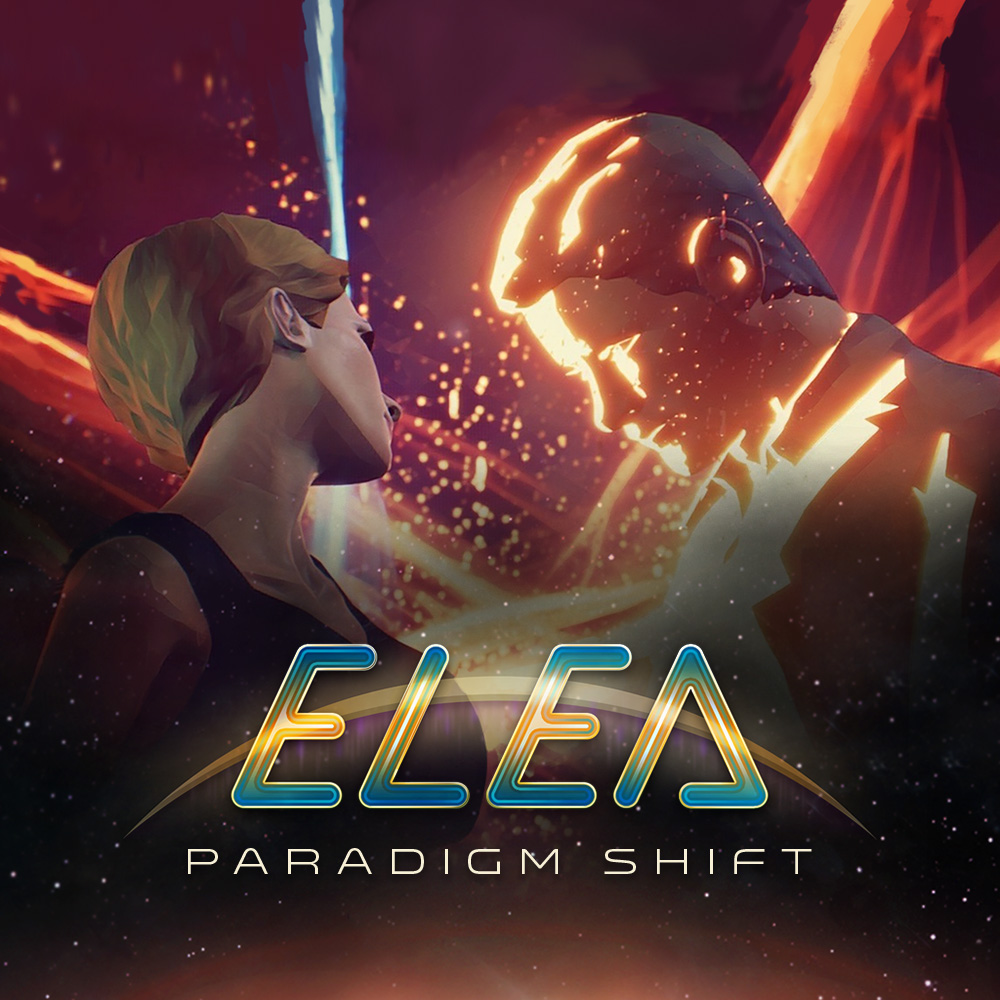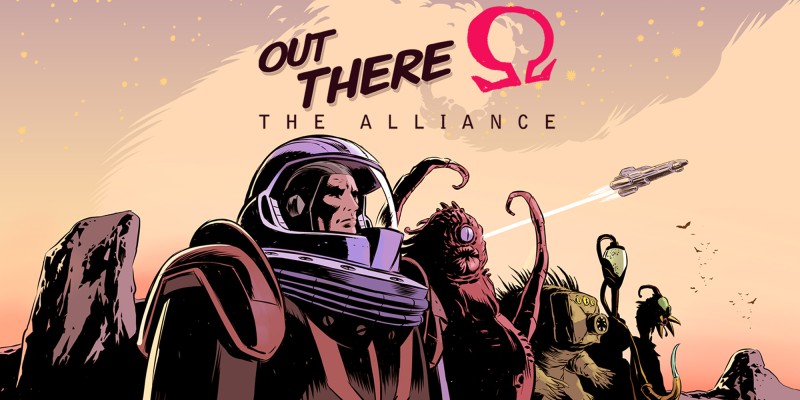Blindflug Studios

The newest edition of my Indie Corner Spotlight interview series features Frédéric Hein from Swiss Indie Dev team, Blindflug Studios. The team have just released their game, Airheart – Tales of broken Wings, on the Nintendo Switch (you can read our review here). Team member Frédéric Hein discusses what inspired him to become a games developer and he talks in detail about the process of making a game.

How long have you been a developer?
About five years.
How many years has your team been developing games?
Blindflug Studios was founded in 2014.

Who, or what, inspired you to become a games developer?
Final Fantasy 7 and how everything seemed possible in games. After working in different jobs, I decided I need to follow that inspiration and become a game developer.
What was the inspiration for your team’s name?
We don’t know where it’s going, and we’re flying blind, hence Blindflug (German for flying blind).
Describe a usual day in the life of an indie development team.
That probably depends on who you’re asking, and at what point of development. For myself, it changes from being a 3D artist (that’s what my title is) to concept art, social media management, project management and game design.

When I arrive in the mornings, I check my to-dos for the day, go through social media and mail and then start doing what has to be done. Currently, we have stand up meetings before lunch to update the team. At lunch most of us eat together, we’ve got a kitchen in the office along with our sister company. After lunch, I continue with my tasks until I’m finished. I’ve mostly 8 hours days and am happy that we don’t have much crunch.
Can you describe the process/timeline of developing a game?
We start with a prototype and check if it’s fun. Often at that stage, we already show it to people outside of the studio, at places like GDC. From that point, we develop something like a beta which we show a larger audience or even move into Early Access.
A big part of developing Airheart that we were not familiar with was the porting to consoles, like PlayStation, Xbox and Switch. This took quite some time. And then one thing which is also very important is that the game is not done when it’s released. Bugfixes and especially social media management have to be done for long after the release. We still released a content update for a game we released back in 2014 (First Strike: Final Hour) when we were working on Airheart.
How do you juggle all of the aspects of games development?

Most of the people in our team wear multiple hats, for example, the lead game designer also does concept art and me as a 3D-artist am also doing bug tracking. We’ve grown a bit in the last couple of years, so the meetings take more and more time, but it’s inevitable after you reach a certain size.
What is your ambition as an Indie developer?
To create new experiences for our players and let them think about real-world dilemmas that they’re generally not exposed to. For example, we created a rouge-like twin stick aeroplane shooter where you hunt fish, and the dilemma behind the mechanics is overfishing. And before that, we released games about nuclear weapons (First Strike), about migration (Cloud Chasers) and about the reformation ((re)format Z:) – doing something new every time is a challenge, but it’s also why I love this job.
What advice would you give to someone who wants to get into the games industry?
That depends on the position you’re working in. If you’re a 3D artist, definitely make sure to check out polycount.com and artstation.com where you can get in touch with professionals and see what is required from you. Listen to podcasts like the “Game Dev Unchained” podcast.

The most important thing is probably (for an indie) to start making a SMALL game. All the tools are there, with Unity, Blender etc. – compared to 20 years ago, we live in a land of milk and honey. Then show it to other people, get feedback, release it, get in touch with the community.
I’ve never been to one, but if you’re able to, go to a game jam because this helps you get to know other devs.
Where do you see gaming heading in the next decade?
I kind of fear that there will be an oversaturation of Indie games – the entry barrier does not exist (which is good), but without curation, there’s too much. There are probably hundreds of new games coming out every week, and you’ll never hear from them. If this doesn’t regulate itself a bit, I can see it happening with a bang. I don’t hope that this happens, but I feel that we’re headed in that direction.
I want to say a massive thank you to Frédéric Hein for giving his valuable time to take part in the Indie Corner Spotlight interview series. If you would like your team to be featured, please do not hesitate to get in touch.





